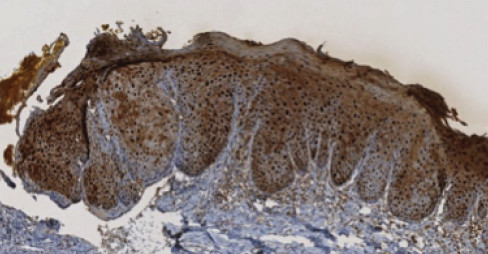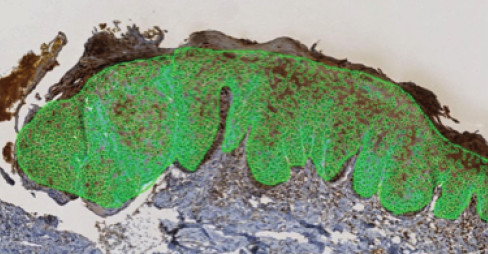%
65% of mild dysplasia cases are reclassified into a higher risk category by Straticyte. These cases are 2.5 times more likely to progress to cancer within 5 years.
Clinical Need
Oral cancer affects 450,000 people/year worldwide with a 5-year mortality rate of ~50%, predominantly due to late diagnosis. Late stage cancers are more costly and difficult to treat.
The standard of care for OPMD (oral potentially malignant disorder) risk assessment is dysplasia grading by histopathology. Historically, histopathology is impacted by both intra’ and inter-observer variation, as well as significant overlap between grades, impacting its usefulness as a prognostic tool.
Such limitations have led to a widely recognized and urgent need for more effective prognostic biomarkers among clinicians who treat oral cancer and OPMD.
Oral cancer review and the primary clinician’s role
Dr. Barrie Renick discusses how Straticyte helps Health Care Practitioners
Supplement The Standard of Care with Straticyte
Straticyte is a test that predicts the progression of pre-malignant lesions to invasive oral cancer. It enables healthcare professionals to customize patient management plans to improve outcomes for patients at elevated risk for developing oral cancer, while reassuring those patients who have minimal to no risk of transformation.
Straticyte is based on discoveries made at Mount Sinai Hospital and York University in Toronto, Ontario, Canada. It is the only predictor that can objectively distinguish oral lesions at elevated risk of becoming cancerous from those with little to no risk.
Straticyte was developed utilizing retrospective clinical data (168 dysplasia cases and 427 cancer cases). Proteocyte is committed to enriching its dataset with annotated study cohorts and has several ongoing studies with major Canadian oral pathology centres.


Straticyte Process Flow

The test can be easily incorporated into clinical practice as no additional tissue samples are needed for assessment.
